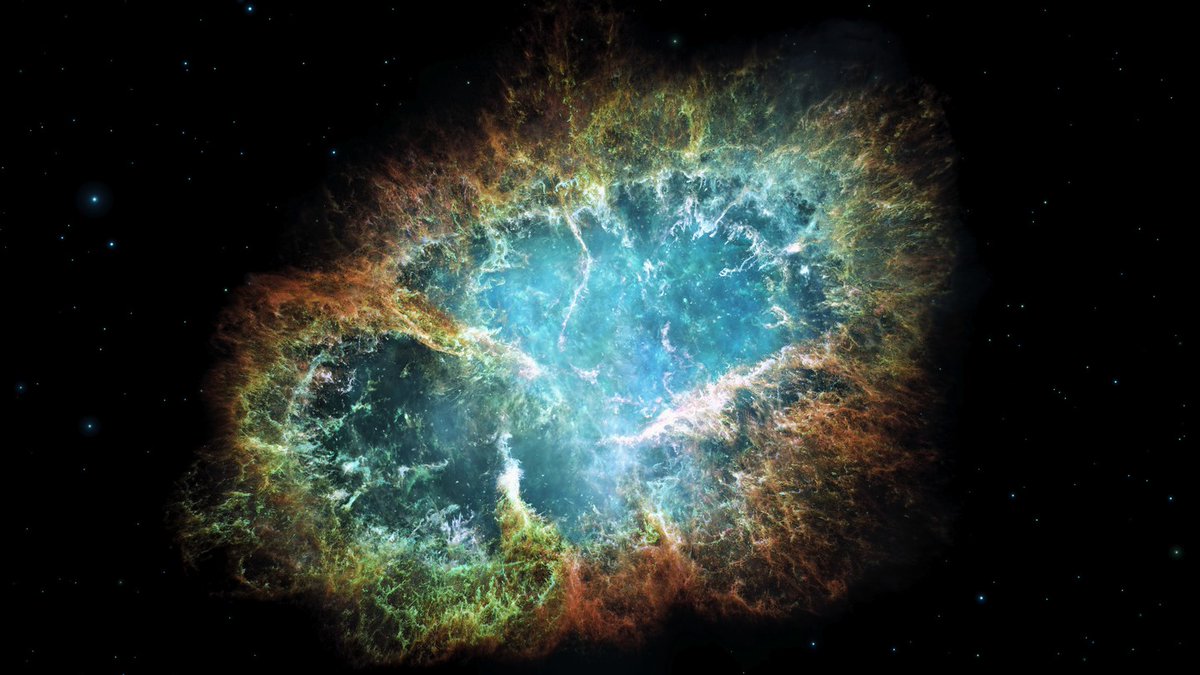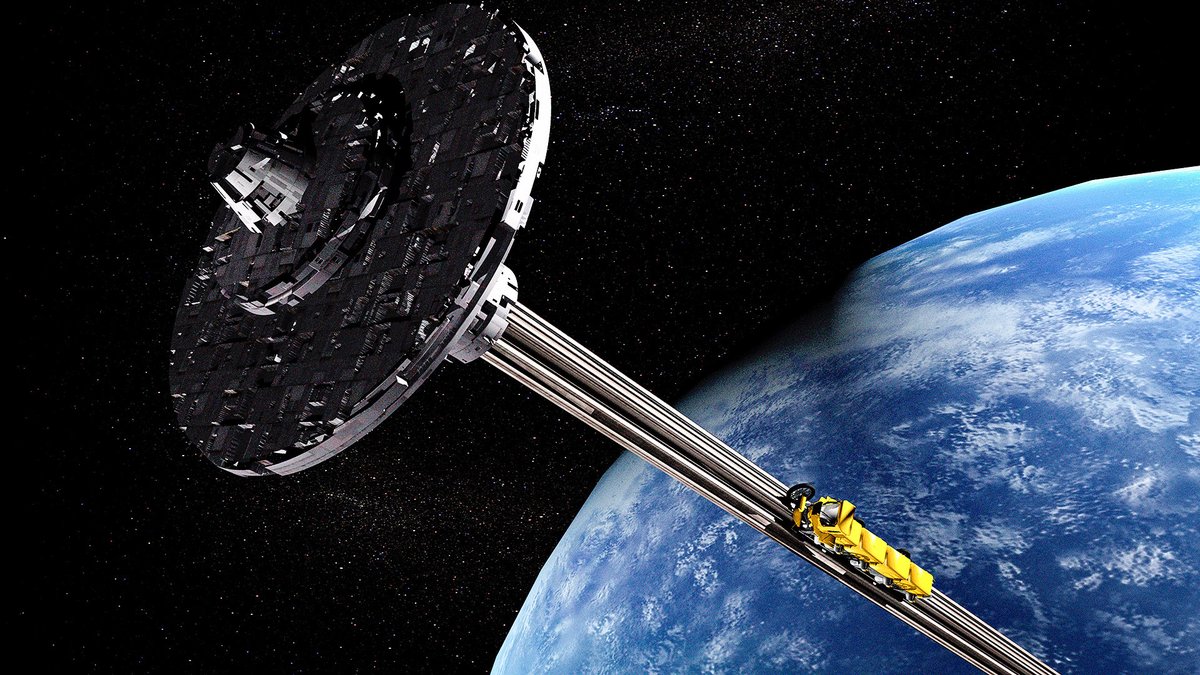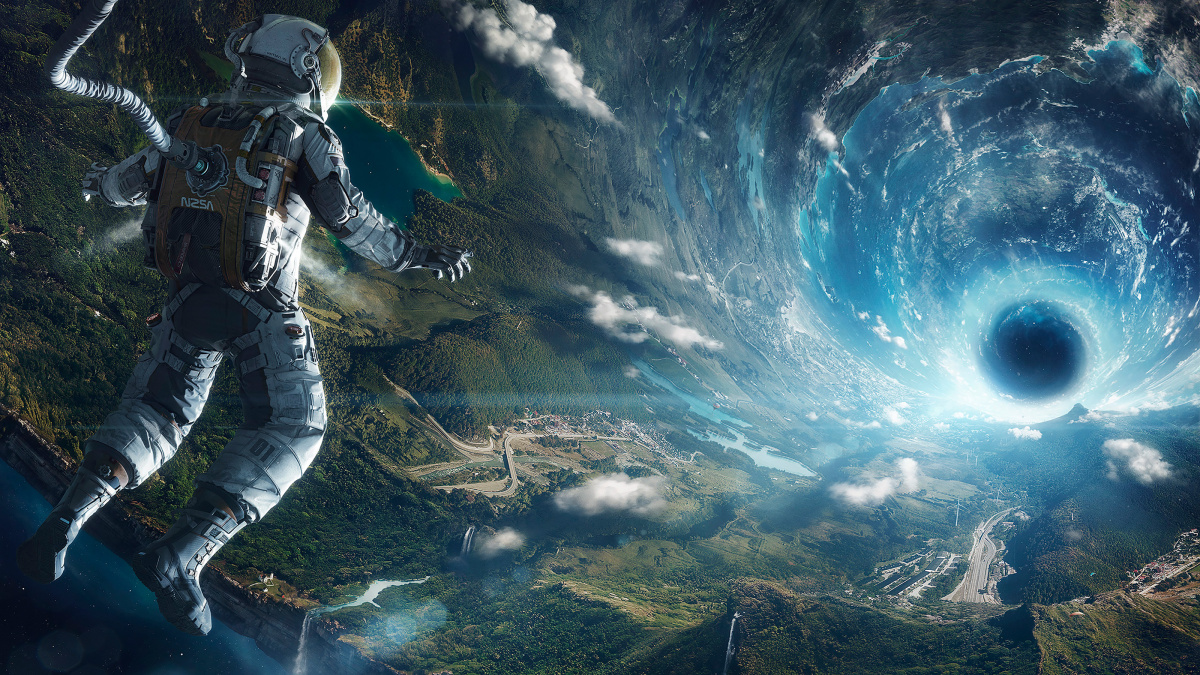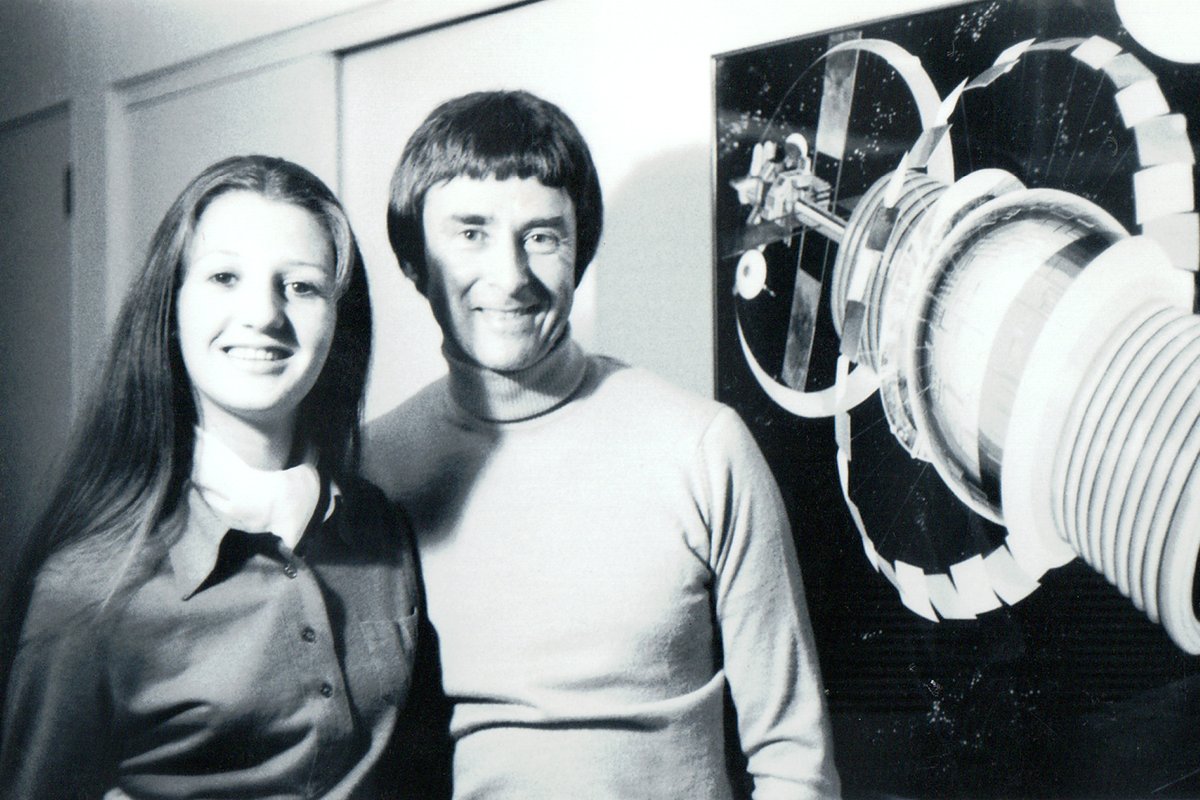
lunar lander engineer, phd student in spacecraft controls, jack of many trades master of none!
2 subscribers
How to get URL link on X (Twitter) App



 Hubble v. JWST: Carina Nebula
Hubble v. JWST: Carina Nebula 





 So, what is LIGO? It stands for the Laser Interferometer Gravitational-wave Observatory. It aims to provide a new way of detecting events in our universe through something called interferometry, which uses interference to detect very very tiny changes. (2/13)
So, what is LIGO? It stands for the Laser Interferometer Gravitational-wave Observatory. It aims to provide a new way of detecting events in our universe through something called interferometry, which uses interference to detect very very tiny changes. (2/13) 

 So how exactly do black holes form? Let's first start with a very massive dying star nearing the end of its stellar evolution called a Red Supergiant. It has run out of fuel, and gravity overwhelms all other forces, leading to it exploding, which is called a supernova. (2/13)
So how exactly do black holes form? Let's first start with a very massive dying star nearing the end of its stellar evolution called a Red Supergiant. It has run out of fuel, and gravity overwhelms all other forces, leading to it exploding, which is called a supernova. (2/13) 


 Before you read, definitely check out my blog post where I go into more detail and talk about some additional concepts: joalda.space/post/interstel… (2/20)
Before you read, definitely check out my blog post where I go into more detail and talk about some additional concepts: joalda.space/post/interstel… (2/20)

 Before you read, if you want to read my blog post where I go into much more detail, including a bit about space elevator disadvantages and them existing on other celestial bodies, click here: joalda.space/post/space-ele… (2/20)
Before you read, if you want to read my blog post where I go into much more detail, including a bit about space elevator disadvantages and them existing on other celestial bodies, click here: joalda.space/post/space-ele… (2/20)

 Before I start, if you want to read an extended version of this where I also slightly mention how we would go about terraforming Venus, check out this blog post I wrote: joalda.space/post/human-set… (2/18)
Before I start, if you want to read an extended version of this where I also slightly mention how we would go about terraforming Venus, check out this blog post I wrote: joalda.space/post/human-set… (2/18)

 Physicist Gerard O'Neill had given his students a task to design large space habitats which first inspired the idea, and he then published about it in a 1974 article of Physics Today. He discussed them more in his 1976 novel The High Frontier: Human Colonies in Space. (2/21)
Physicist Gerard O'Neill had given his students a task to design large space habitats which first inspired the idea, and he then published about it in a 1974 article of Physics Today. He discussed them more in his 1976 novel The High Frontier: Human Colonies in Space. (2/21) 

 Coined by sci-fi novelist Jack Williamson, terraforming is the process of modifying a hostile body, specifically its atmosphere, temperature, and topography in order to make habitable for life suitable to Earth. What is my definition of habitable? The planetary body must...(2/22)
Coined by sci-fi novelist Jack Williamson, terraforming is the process of modifying a hostile body, specifically its atmosphere, temperature, and topography in order to make habitable for life suitable to Earth. What is my definition of habitable? The planetary body must...(2/22)

 So, what are volcanoes? Volcanic activity occurs when the internal heat of a planet causes rock to become molten. The molten rock, or magma, consists of silicates, other minerals, and dissolved gas such as water vapor and CO2. (2/16)
So, what are volcanoes? Volcanic activity occurs when the internal heat of a planet causes rock to become molten. The molten rock, or magma, consists of silicates, other minerals, and dissolved gas such as water vapor and CO2. (2/16)